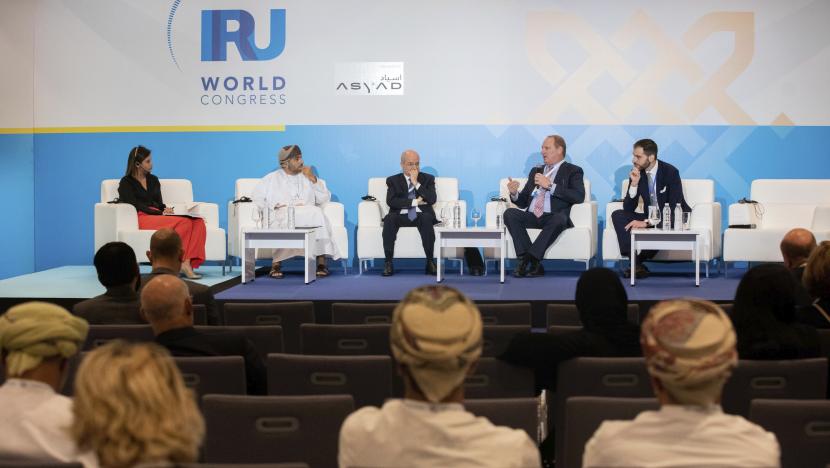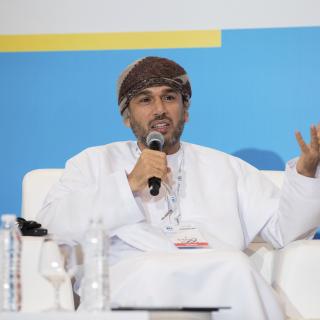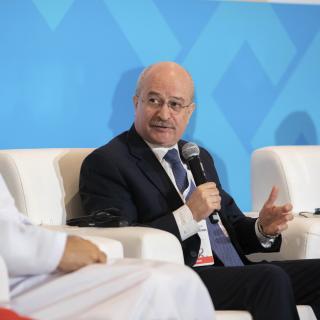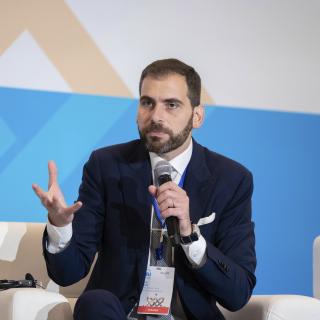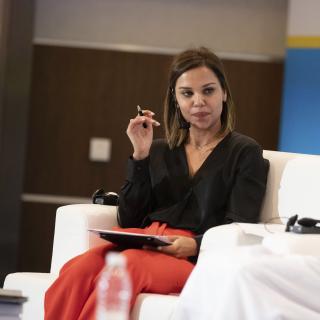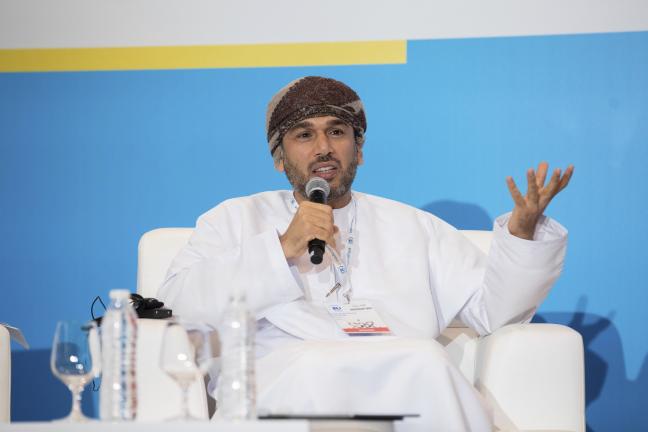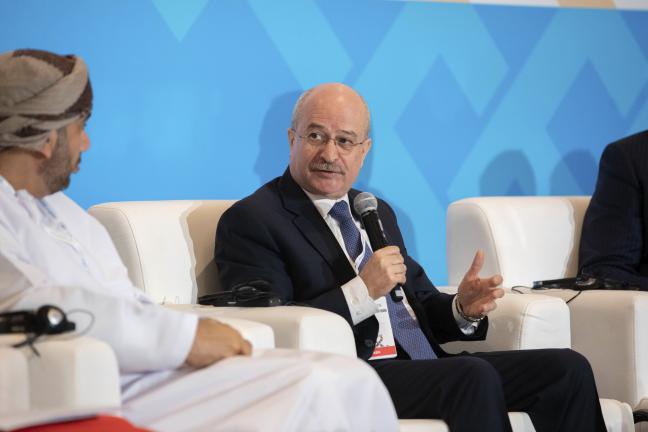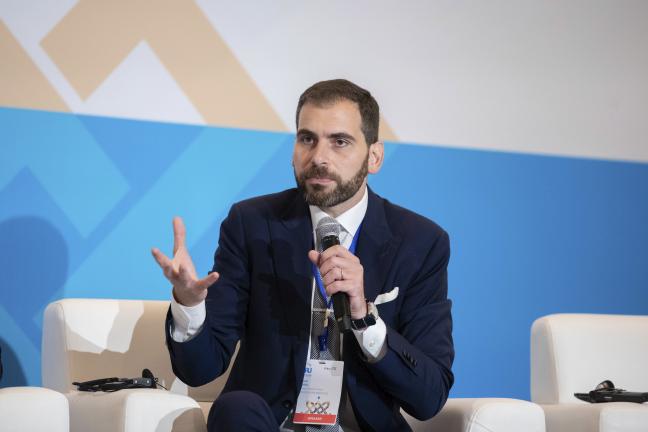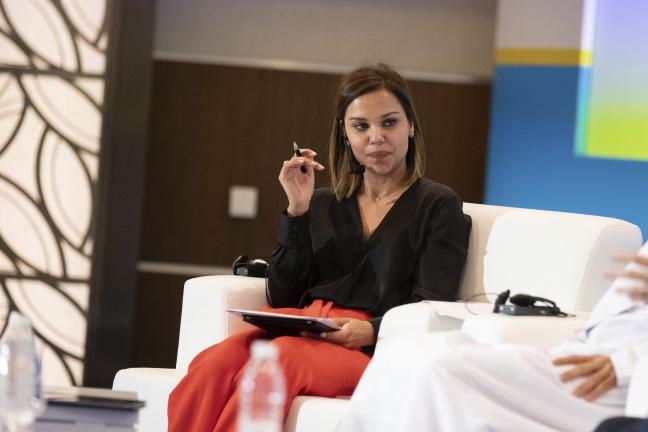Roundtable session wrap-up
Part of the “Governing Road Transport” hub at the World Congress, this roundtable examined how to improve cooperation and connectivity in the Middle East.
Infrastructure development and new intermodal connections are reshaping traditional trade corridors and the way transport operators work across the world. In this context, Asia plays a pivotal role by forming strategic partnerships with emerging economies. These dynamics have a strong impact on transport and logistics activities in the Middle East. However, non-tariff barriers and low regional connectivity are still impeding the full potential of trade in the region. What role should the Middle East play in this future landscape?
How are trends in logistics driving changes in trade corridors?
What will be the role of intermodal connections? How can transport operators improve regional connectivity and intra-regional trade?
Panellists included journalist, Dareen Abughaida, Abdulrahman bin Salim Al Hatmi from ASYAD, Nadia Abdul Aziz from Oman’s National Association of Freight and Logistics, Dr. Yarob Badr from the United Nations Economic and Social Commission for Western Asia, William Joseph Barenberg Jr from OCTAL, Faisal Saad Albedah from Saudi Arabia Customs, and Habib Turki from Webb Fontaine.
The session began with a live polling of audience members for their opinion on whether people are satisfied with the level of regional cooperation. More than 80% of the audience responded that cooperation in the region was outstanding.

